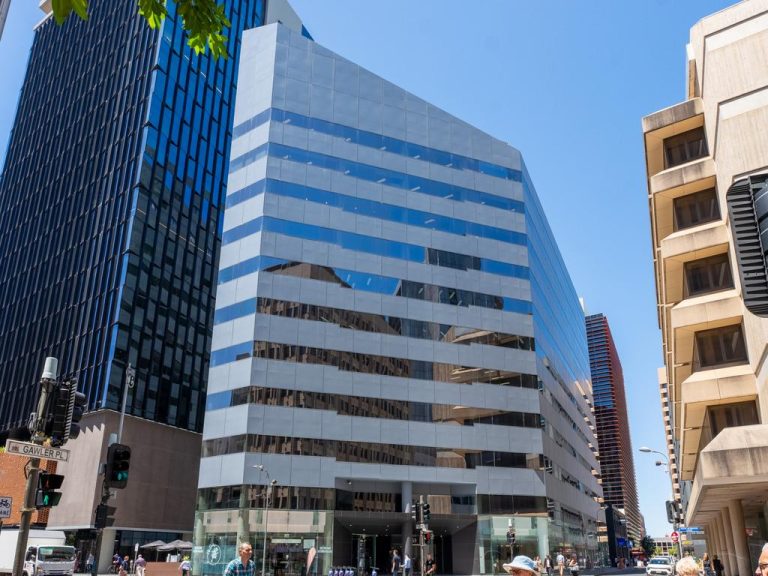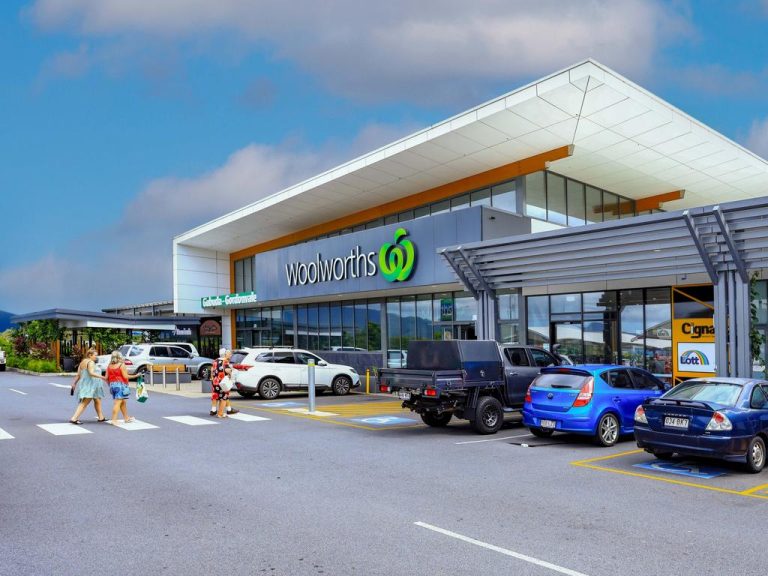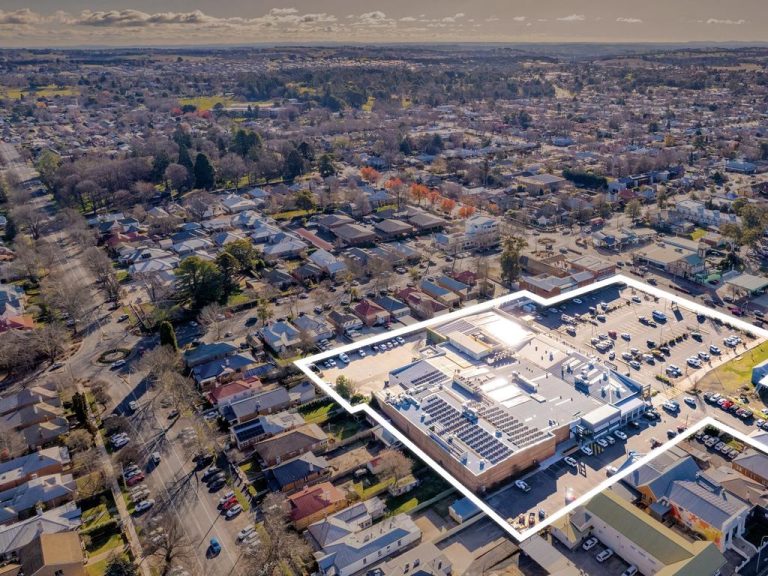Real estate investment trust bounce back may spark offshore push

BDO Australia’s head of transaction advisory Sebastian Stevens.
Australian real estate investment trusts are on the cusp of a period of healthy results after rebounding from their lean years to post a total return of 19.9 per cent over the past financial year, led by the industrial sector.
The sector came back strongly from fiscal 2023, when it returned just 3.1 per cent, amid expectations of global interest rate cuts and an end to sliding direct property values, according to BDO.
The firm’s annual A-REIT survey found the sector outperformed the S&P/ASX 200 Index by 12.1 per cent, despite ongoing concerns about inflation, with industrial trusts doing the heavy lifting.
They delivered a price return of 69.7 per cent in fiscal 2024, up from 12.4 per cent in the previous year, with the powerhouse Goodman Group again leading the way, and newer sectors could even drive a push into offshore markets, the firm said.
Retail A-REITs bumped up 6.8 per cent, a turnaround from a 0.8 per cent dip in fiscal 2023, despite lower consumer confidence and foot traffic amidst cost-of-living concerns. But offices were slammed by the structural shift to working from home, high interest rates and lower valuations, and trusts in the area fell by 18.9 per cent.
BDO Australia head of transaction advisory Sebastian Stevens said the overall outperformance by the market despite subdued conditions was indicative of the resilience of A-REIT management teams.
“We’ve seen over the past three decades how A-REITs have been through plenty of ups and downs, and learning from those experiences, they are now more resilient and adaptable than ever,” Mr Stevens said.
He said managers had not been afraid to make strategic revisions, re-evaluate their portfolios, and make refinancing decisions.
“The fact that A-REITs are still outperforming the ASX this year means it’s well set up for growth now,” he added.
Mr Stevens believes dovish interest rate expectations over the next 12 months could see a unique situation where all sub-sectors of the market could perform at the same time.
“Impending interest rate cuts will impact REITs positively given their high level of gearing and I do think that we’re on the cusp of some good years for the market,” he said.
“The retail sub-sector will undoubtedly rise when rate cuts lift consumer confidence, the office sub-sector should see a revival once business growth and demand for office space returns, while the industrial sub-sector is not going to go backwards as demand for warehousing and data centres will not go away,” he said.
The sector veteran noted that alternative real estate assets such as data centres, student accommodation, and build-to-rent assets had done well in recent years.
He believes that A-REITs will now need to start considering the international market as quality Australian assets start to run out.
HMC Capital has flagged it’s in talks to acquire data centre assets in the US as it readies to launch a fund, but a broader move could be controversial as A-REITs lost billions of dollars when they last went offshore at scale. But Mr Stevens considers the move likely. “The first-mover advantage has been critical with the alternative asset class, and A-REITs have benefited from cherry picking the ‘Rolls-Royce’ assets, but those premium assets will become harder to find,” he said.
“The next phase of growth for the market, being international expansion, is probably a bit of a leap of faith for some of these funds given the previous foray wasn’t overly successful.”







